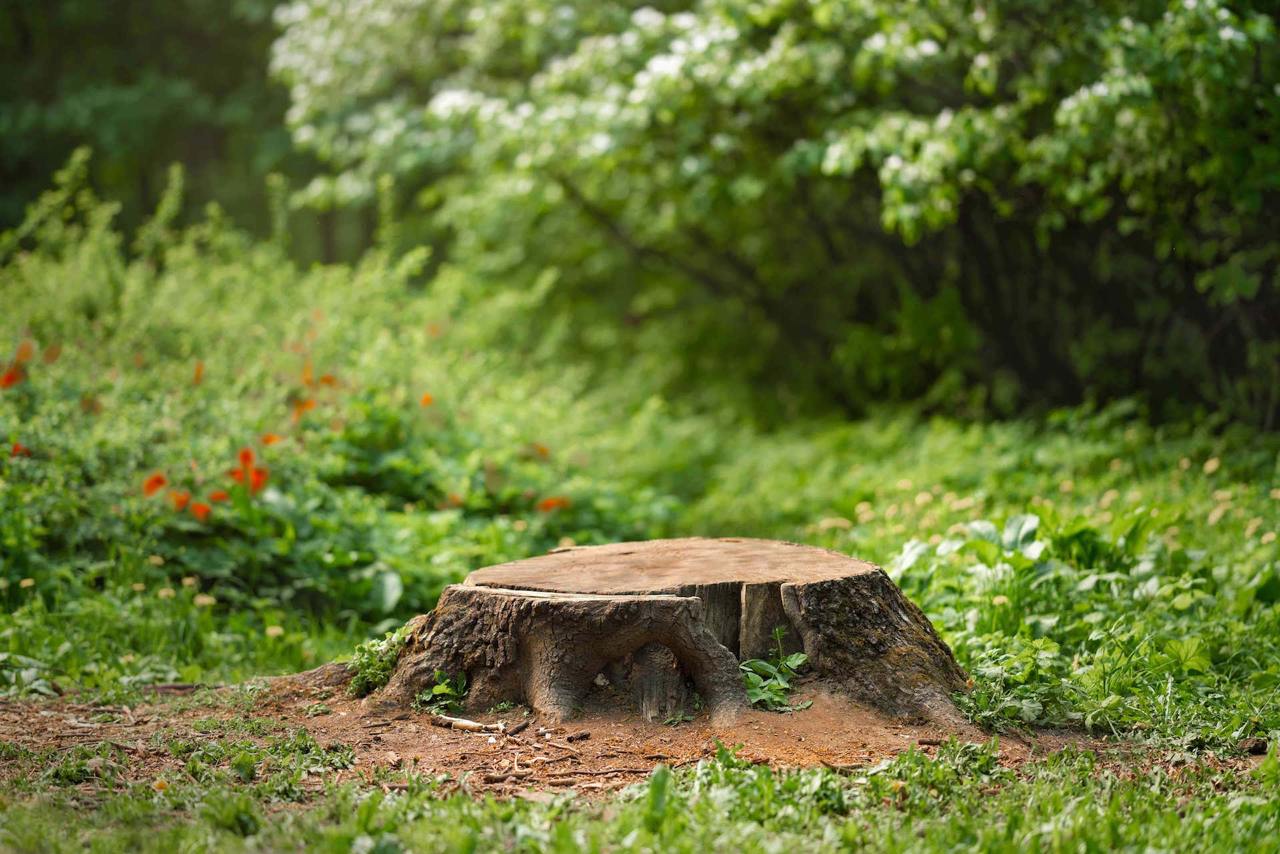
The Green Infrastructure Revolution: How Trees are Shaping Modern Cities Jul 11, 2025
The term "green infrastructure" refers to the network of natural and semi-natural systems that manage stormwater, improve urban air quality, provide habitat for wildlife, and increase the overall wellbeing of city dwellers. Trees are a cornerstone of this movement. By planting and maintaining trees, cities can counteract some of the negative impacts of urbanization, such as pollution and heat islands.
Incorporating trees into urban planning isn't just about aesthetics; it's about functionality. Trees help to filter air and water, offering a natural solution for environmental hazards. They absorb pollutants and produce oxygen, drastically improving air quality. Moreover, trees provide shade, which reduces the urban heat island effect, making cities more comfortable and energy-efficient.
Revival Tree Management has embraced these principles, providing essential services that maintain the health and structure of urban trees. Their expertise in arboriculture ensures that trees are not only planted strategically but also maintained for longevity and vigour. This approach not only beautifies the urban landscape but also supports local ecosystems by creating green corridors that connect fragmented habitats.
Another significant advantage of integrating trees into city infrastructure is their ability to manage stormwater. Urban areas often grapple with water runoff, which can lead to flooding and water pollution. Trees intercept rainfall, absorb water from the ground, and prevent soil erosion, thus reducing the burden on conventional drainage systems. This is particularly vital as climate change introduces more unpredictable weather patterns.
Beyond environmental benefits, trees also foster community wellbeing. Parks and street trees offer spaces for recreation and relaxation, which improves mental health and encourages physical activity. Studies have shown that access to green spaces can reduce stress and promote social interaction. This contributes to a more cohesive community and enhances quality of life for city residents.
In conclusion, the green infrastructure revolution, with trees at its core, represents a sustainable vision for modern cities. Companies like Revival Tree Management are pivotal in realizing this vision by providing expert tree services that ensure the integration of trees into urban life remains beneficial and sustainable. By prioritizing the health of our urban forests, we can create cities that are not only more resilient and environmentally friendly but also more liveable for generations to come. As cities worldwide continue to grow and develop, embracing this green revolution will be essential for a sustainable future. By investing in our urban trees today, we safeguard our environment and community wellbeing for tomorrow.
/filters:no_upscale()/filters:format(webp)/media/05d9125c-9cf6-4570-ad5b-6e9a2642e560.jpeg)